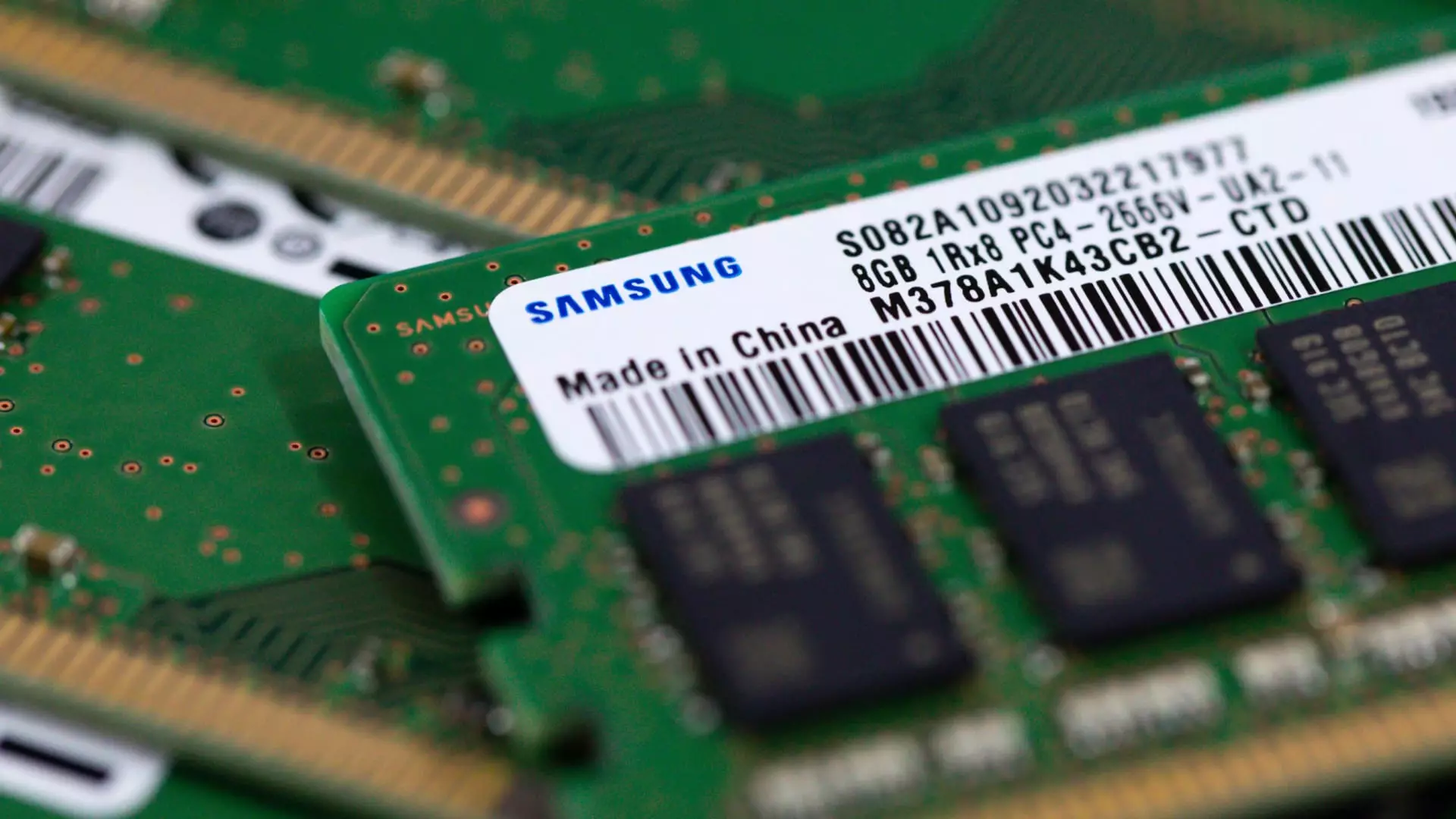The recent second-quarter results of the U.S. chip darling Nvidia have had a significant impact on tech and chip-related stocks in Asia. The repercussions of Nvidia’s performance have been felt in the key markets of the region, leading to a decline in the stocks of companies directly linked to the U.S. tech giant.
One of the most affected sectors in Asia has been South Korean chipmakers, such as SK Hynix and Samsung Electronics. SK Hynix, which produces high bandwidth memory chips for Nvidia, witnessed a substantial drop in its shares by as much as 6.74%. Similarly, Samsung Electronics, a major supplier to Nvidia, experienced a decline of 3.8% on South Korea’s benchmark stock index, Kospi.
Direct Suppliers to Nvidia
In addition to South Korean companies, direct suppliers to Nvidia, such as Taiwan Semiconductor Manufacturing Company and Hon Hai Precision Industry (Foxconn), also faced losses of up to 2.8% and 2.96% respectively. The impact was amplified by the uncertainty surrounding Nvidia’s future growth potential and its manufacturing relationships with these companies.
The repercussions of Nvidia’s second-quarter results were not limited to South Korea, but also affected Japanese semiconductor-related stocks. Companies like Renesas, Advantest, and Tokyo Electron saw their shares fall by as much as 3.2%, 3.6%, and 3.49% respectively. The interconnectedness of the global tech industry meant that the decline in Nvidia’s performance had a ripple effect across various markets.
Even Chinese chipmakers listed in Hong Kong were not immune to the fallout from Nvidia’s results. Despite not being directly linked to the Nvidia value chain, companies like SMIC and Hua Hong Semiconductor witnessed losses of 1.4% and 1.66% respectively. The global nature of the tech industry meant that even geographically distant companies felt the impact.
While Nvidia beat quarterly revenue and earnings per share estimates, concerns were raised about the company’s ability to maintain its growth trajectory in the current quarter. Analysts like Luke Rahbari highlighted the consistent outperformance of Nvidia in previous quarters and speculated that the company’s growth might be slowing down. However, Rahbari remained bullish on Nvidia, emphasizing its dominant position in the industry.
The decline in Nvidia’s gross margin to 75.1% from 78.4% in the prior period, along with an annual forecast below analysts’ estimates, led to a negative market reaction. Despite the overall positive performance, investors were cautious about Nvidia’s future growth prospects. The Chief Investment Strategist at Janney Montgomery Scott, Mark Lushcini, dismissed the decline in Nvidia shares as a mere “rounding error,” attributing it to the significant rise in the company’s stock price over the year.
The impact of Nvidia’s second-quarter results on Asian tech stocks illustrates the interconnected nature of the global tech industry. The decline in Nvidia’s performance had far-reaching effects on companies across different regions, reflecting the vulnerability of companies to external factors. The reaction of investors and analysts to Nvidia’s results highlights the importance of maintaining a balance between growth expectations and market realities in the tech sector.


Leave a Reply